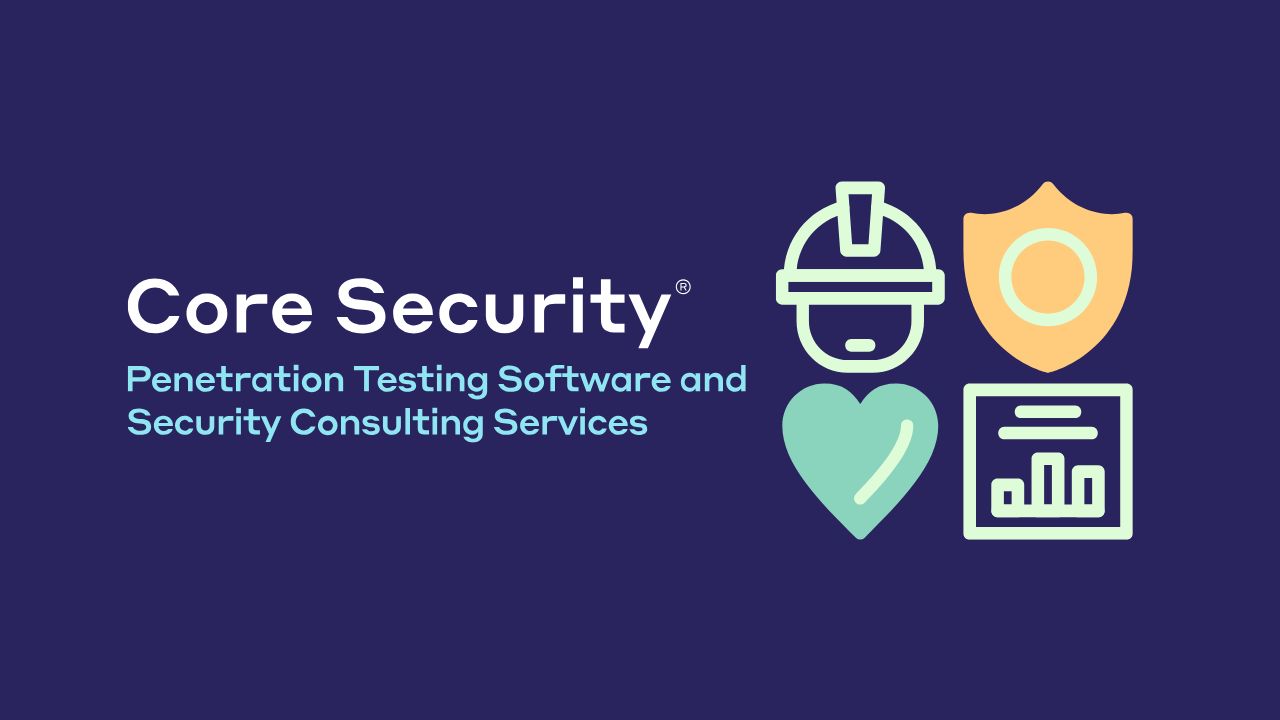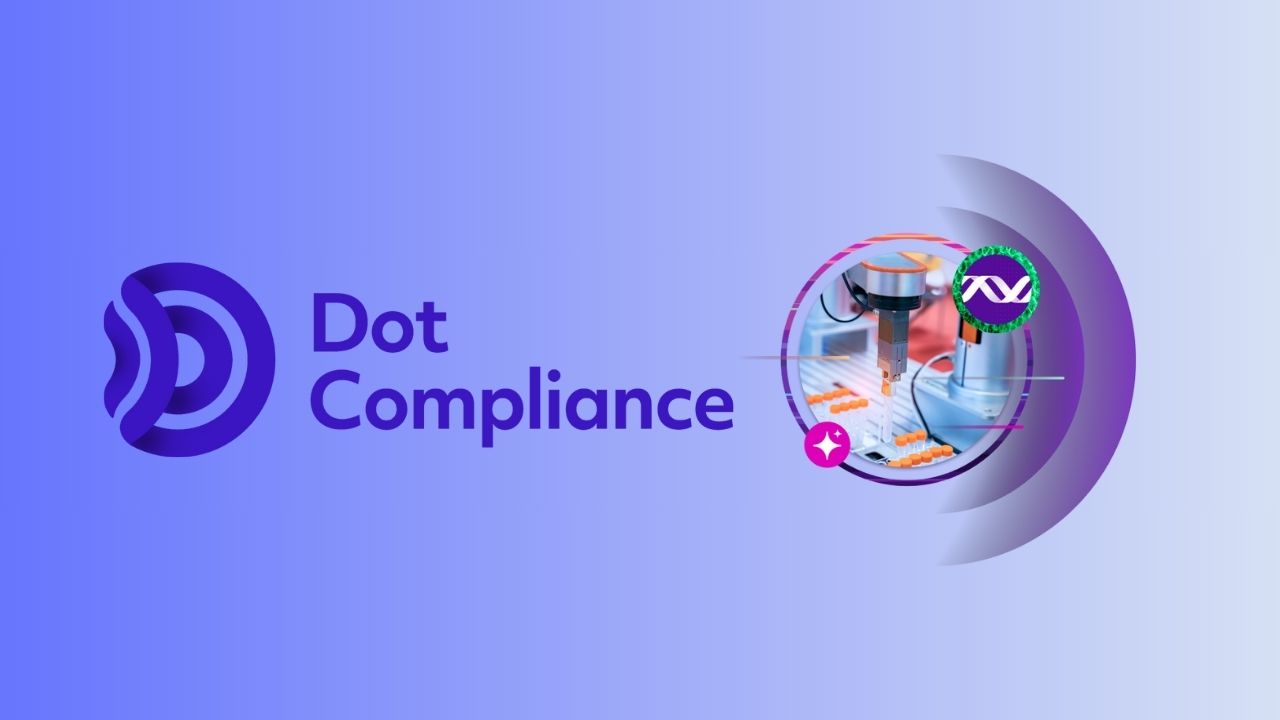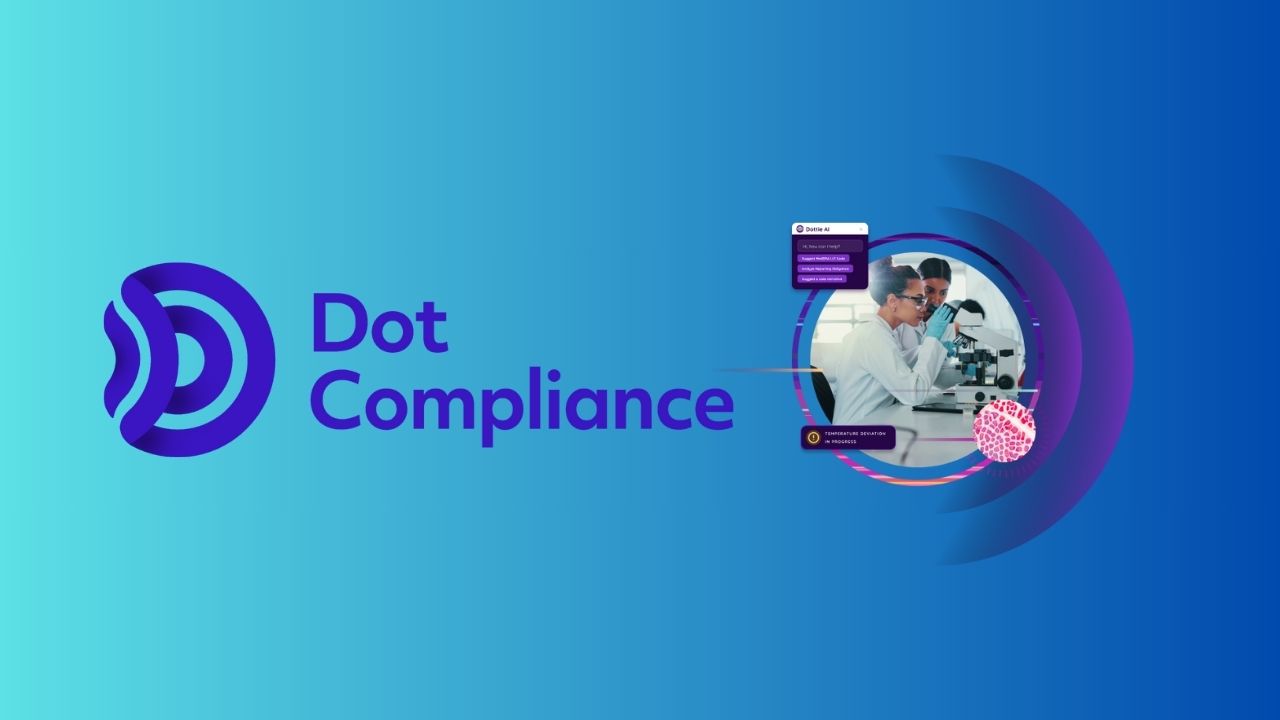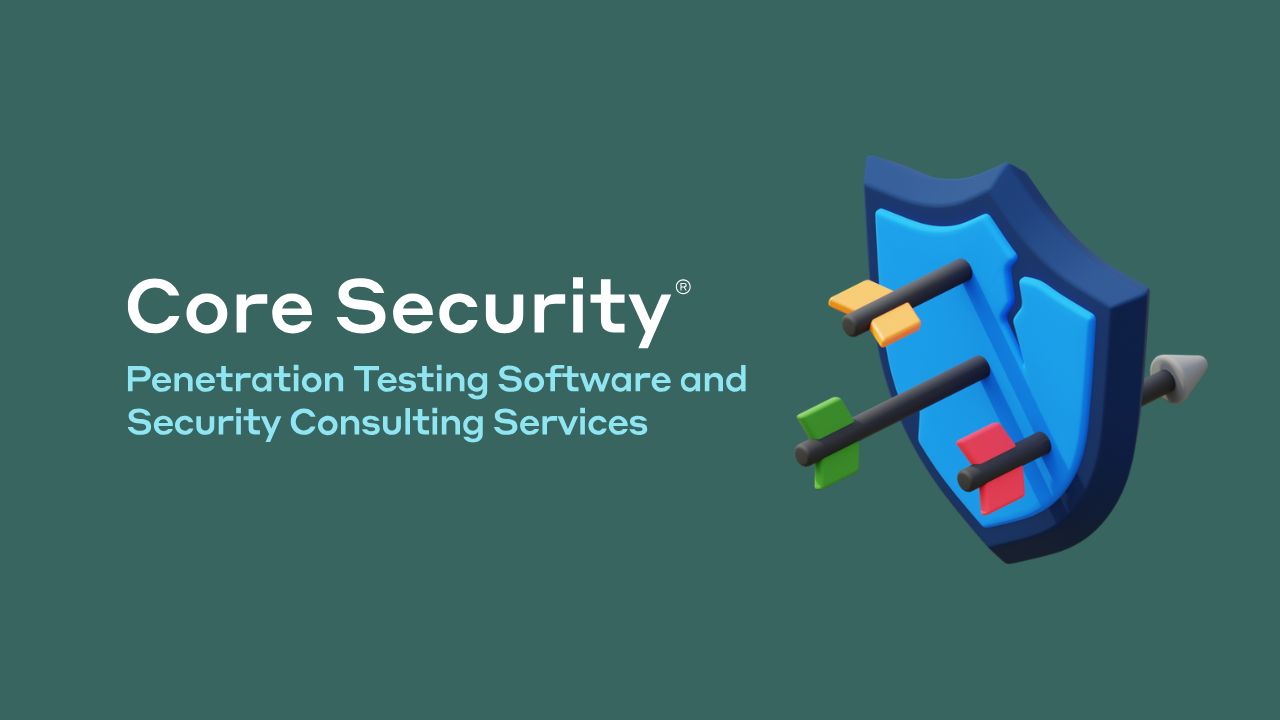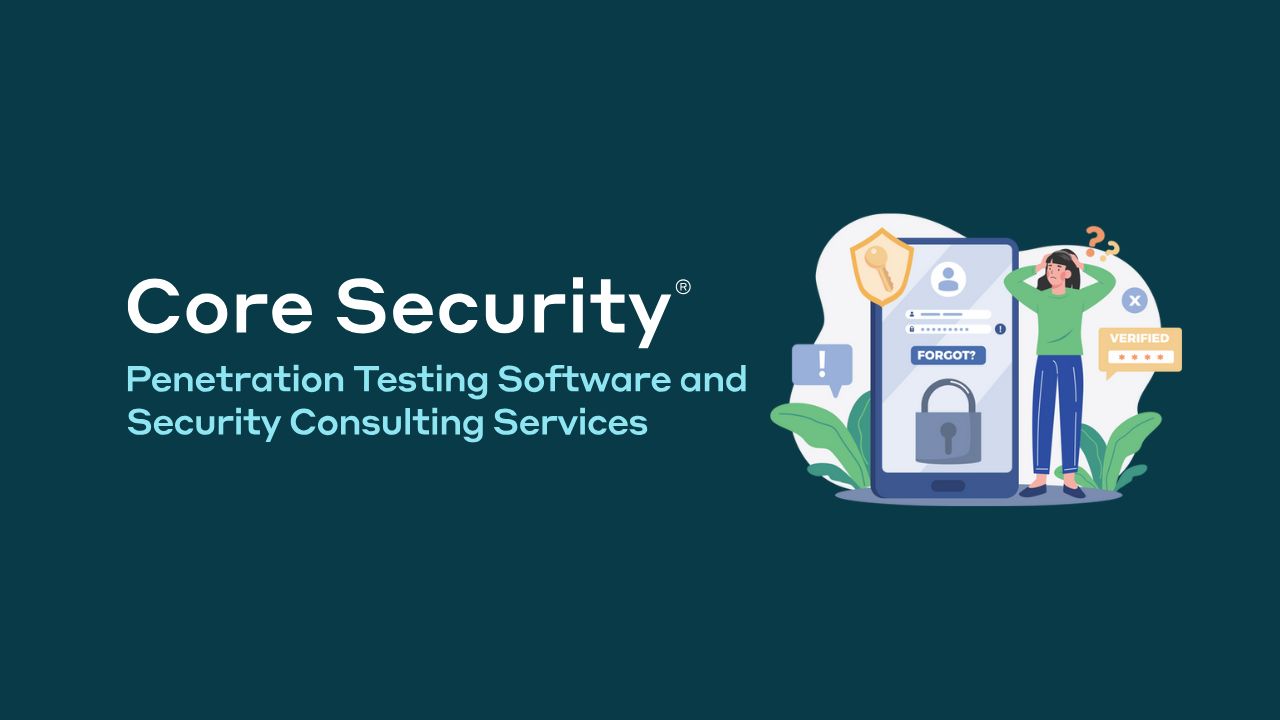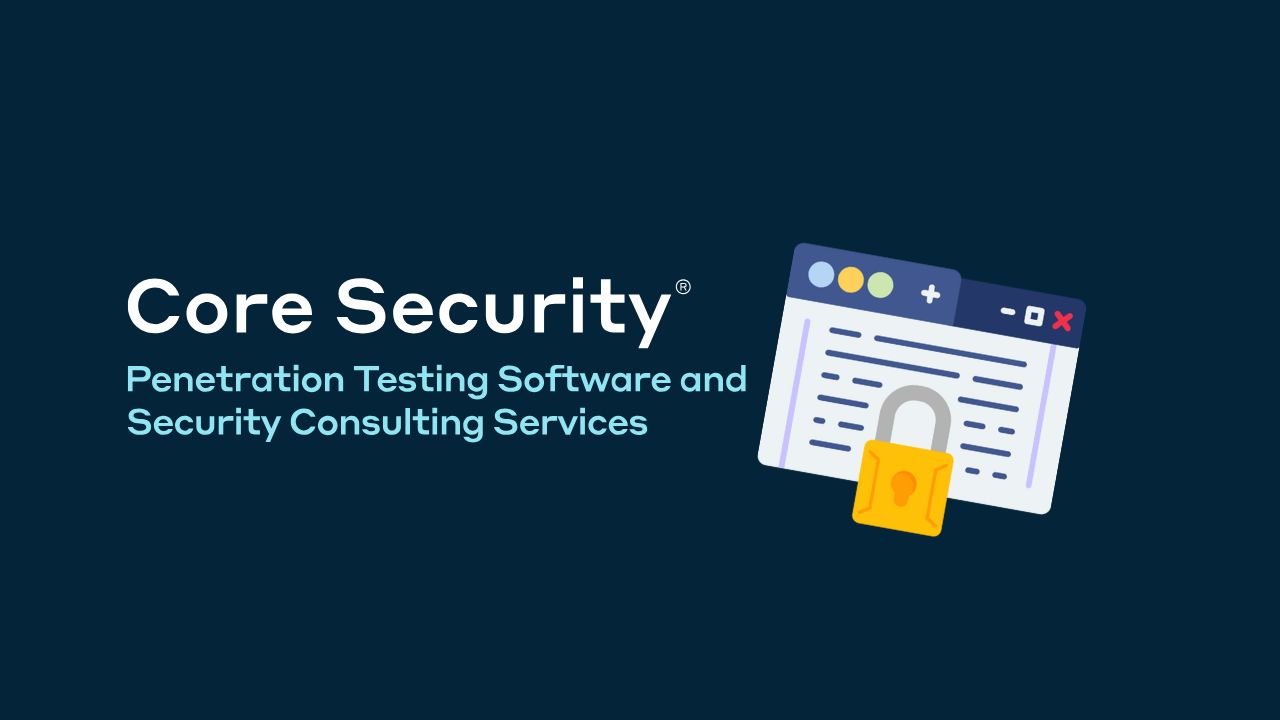Effective Risk Management in Life Sciences: A Pathway to Success
In the rapidly evolving life sciences industry, effective risk management is not just a regulatory requirement; it is a vital component of ensuring product quality, patient safety, and operational efficiency. This article delves into the importance of risk management and how organizations can leverage advanced solutions to mitigate risks and enhance their processes.
Understanding Risk Management
Risk management involves identifying, assessing, and prioritizing risks followed by coordinated efforts to minimize, monitor, and control the probability or impact of unfortunate events. In the context of life sciences, this means proactively addressing safety and quality issues to prevent product recalls and ensure compliance with regulatory standards.
Key Benefits of Effective Risk Management
- Reduction of Product Recalls:
- By implementing proactive risk management strategies, organizations can significantly reduce the likelihood of product recalls. Addressing potential safety and quality issues before they escalate is crucial for maintaining product integrity.
- Ensuring Regulatory Compliance:
- Effective risk management helps organizations meet the stringent requirements set by regulatory bodies such as the FDA and EMA. Proactive identification and mitigation of risks ensure that companies remain compliant and avoid costly penalties.
- Accelerating Time-to-Market:
- A robust risk management process minimizes unexpected issues and regulatory delays. By keeping product development and launch timelines on track, organizations can gain a competitive edge in the market.
- Continuous Improvement:
- A risk-based approach to managing quality not only minimizes adverse events but also fosters a culture of continual improvement. By predicting potential problems before they occur, organizations can implement corrective actions and enhance their processes.
Why Choose Dot Compliance for Risk Management?
At Dot Compliance, we understand the unique challenges faced by life sciences organizations. Our comprehensive eQMS (electronic Quality Management System) is designed to provide insights that help evaluate risk severity and probability. This enables organizations to determine risk priorities effectively and make informed decisions.
Features of Dot Compliance’s eQMS
- AI-Powered Insights:
- Our industry-leading AI-powered eQMS is built to deliver insights that drive quality efficiently. It allows organizations to adapt and evolve their risk management processes as needed.
- Holistic Approach:
- By integrating quality management systems, organizations can gain valuable insights into actions for improvement. This holistic view reduces risk probability and minimizes the chances of adverse events across the quality ecosystem.
- Smart Solutions for Every Stage:
- Whether you are setting a foundation with core processes or advancing to sophisticated AI quality and compliance intelligence, Dot Compliance offers solutions that evolve with your organization.
Conclusion
Effective risk management is essential for organizations in the life sciences sector. By adopting a proactive, risk-based approach, companies can enhance product quality, ensure regulatory compliance, and accelerate their time-to-market. With Dot Compliance’s innovative eQMS, organizations can stay one step ahead in managing risks and driving continual improvement. Embrace the power of effective risk management today and secure a successful future for your organization.
risk management – tradução, Risk Management book, Risk management certification, Risk management curso, Risk Management Consulting, Ax Risk Management

